Namaste, Dear Music Lover,
While most of us who do playback singing would admit that it’s not an exact science, there are established methods to our madness.
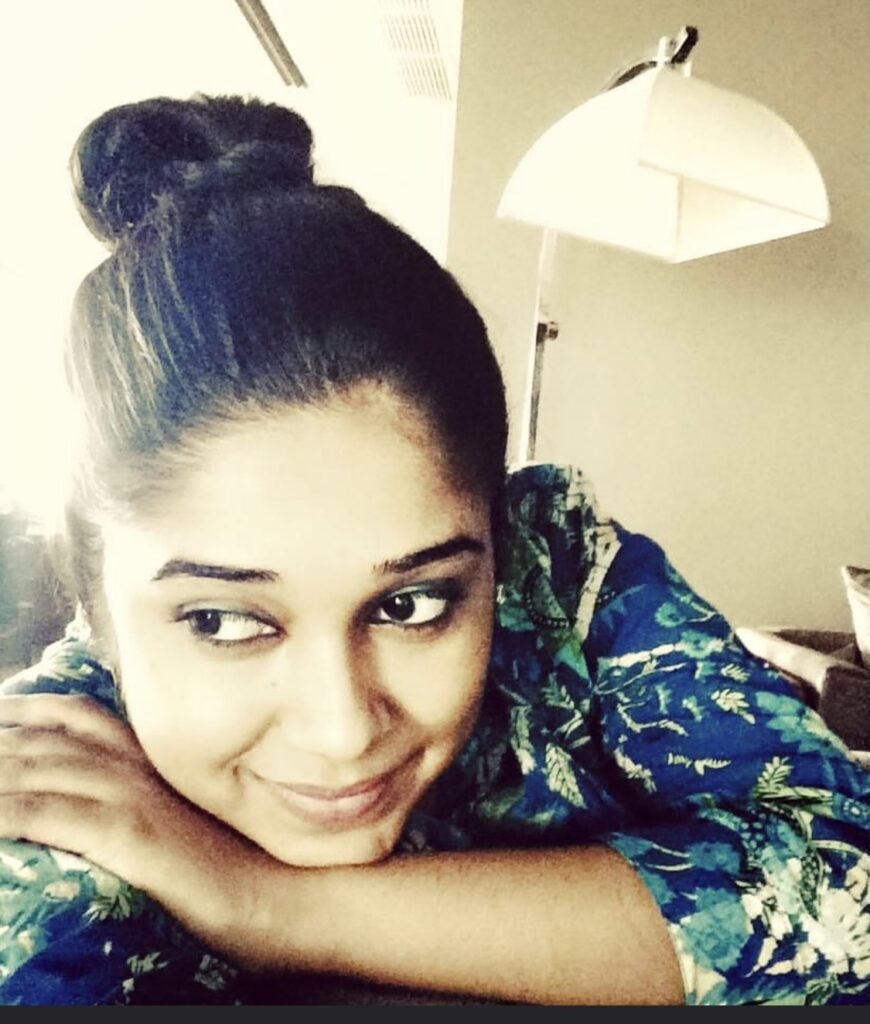
In case this post’s title seems confusing, we can allay that or similar concerns by noting it’s not about music practise per se (as in routine musicianship training). It’s more about how to do justice to diversity, as depicted stylistically. (It’s also not about audio speaker cabinet design.)
There are indeed many challenges in filmmaking, not least among them being sorting out the issues of language and how audiences react by embracing/rejecting stereotypes. Some typecasting in films is so nuanced as to be arguably less important. Other issues (like whether a vocal melody ends in upward or downward motion or is best sung within given dialects, styles, flavors or accents) obviously matter; in my opinion they’re often too important to dismiss. But clumsy portrayals of any social identifiers like class (especially here!), race, religion, gender, etc. often fall flat.
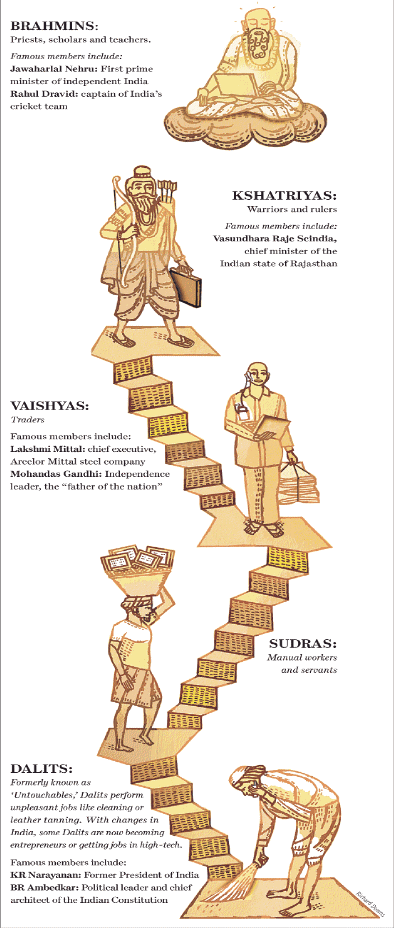
main feature of Bollywood
One longstanding challenge for filmmakers has been and continues to be making content for very diverse audiences… this fact of life in South Asia is not regarded by all producers and directors as a negative! In fact, it gives them license to embrace India’s many languages and cultures—that have indeed already been celebrated in many films (almost from the Indian film industry’s inception), often using less than on-the-nose specificity.
The nuance can exist, because while films reflect life as it is/was, cinema environments carry audiences away to fantasy worlds (and back), so: in a sense, anything goes in the movies! (Please note: If one’s too distantly adrift off-script, that won’t suffice as a good excuse!) The only limiting factor (as I’ve said here before): the author’s imagination. It’s also important to remember that most feature films are fiction (but their potential for imparting actual good influences on society remains).
Like all cultural phenomena, cinema is subject to the prevailing winds of whatever charismatic leaders and celebrities capture the viewers’ (and now I mean to imply TV viewers’ in addition to moviegoers’) fancies. But there is certainly more to dialing in one’s best take than merely “phoning it in.” Okay. That was a too-easy pun!
No single studio or director ever made the ultimate film, here in India or anywhere else! In one sense, that’s a troubling point of issue, that suggests we all (worldwide) have much room for improvement—and while every national film industry has had moments of brilliance and glory (usually celebrated in various awards cycles), it’s also given that some in the creative arts have managed to accomplish truly important art.
Several decades on, Bollywood still has an unlimited potential for great movies. Even the economic climate needed to support all industry here appears to be recovering. When immunization levels reach closer to those in the U.S. (or better?), recovery certainly looks imminent for India. While the movie industry may be delayed in its recovery, no one wants us to fail. Please note: the following image is static. To use its icons, please visit its source (statista.com).
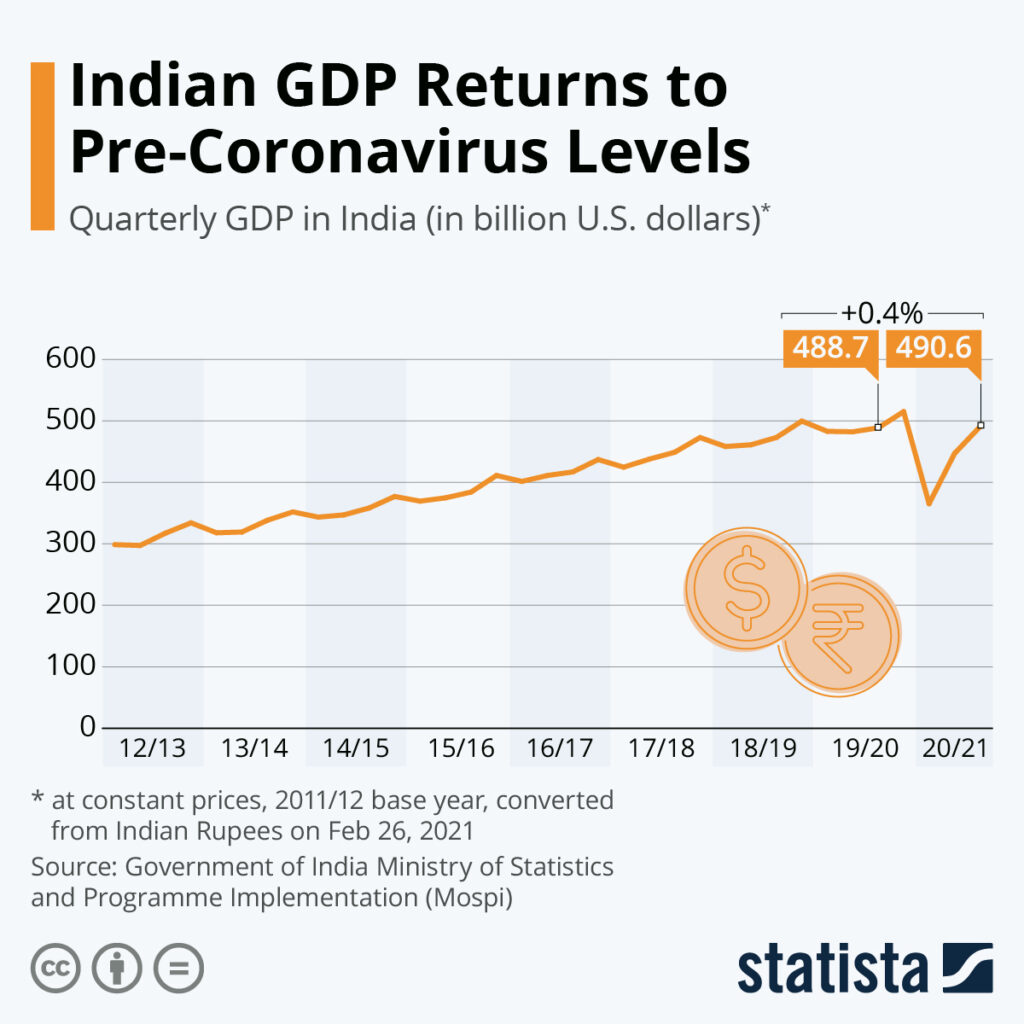
One point here is that every book, song lyric or movie script begins with a blank page and writers can invite the audiences wherever the story goes. Plots and dialogues can vary from intimate personal psychodramas to sweeping epics and action titles, and often one movie will contain poignancy alongside humor. With the right goals & mentalities, the right people still have unlimited potential for excellence. But all art is subject to audience reception. Thankfully several leading Bollywood studios and directors are continually turning out new movies that many people love and support!
On the naysayers claiming that all art is only a sort of vanity or fluff pertaining only to less-dignified realms, we call b.s.! Art reflects life, and no pat phrase could ever sum up art any more succinctly than a pundit could rope the entirety of political discourse into one throwaway slam about the often-shallow goals of those craving power. There is more to it all!
Fortunately for blogs like mine, there is no shortage of topics addressing various aspects of beloved cultural phenomena. Many who would be regular attendees in modern movie theatres could offer guidance about their interest or disinterest in the social issues of the day (or the eternal struggles for control of each other by and between the sexes and/or political parties—with some filmmakers specialising in such fare), and whether our readers here choose to travel through time warps or into tunnel vision in order to explore the depths of social depravity or the finer points of human coupling or conflict is mercifully NOT what I’m driving at here now. I’m far more practical, I suppose, lol. I’ve been taught to join my vocals-craft into the movie post-production process so that it wraps on a high note (figuratively speaking).
Whatever supports good outcomes is welcome; whatever hinders them is IMHO bin-bound. One key to success is awareness of where the work is going when it’s finalized.
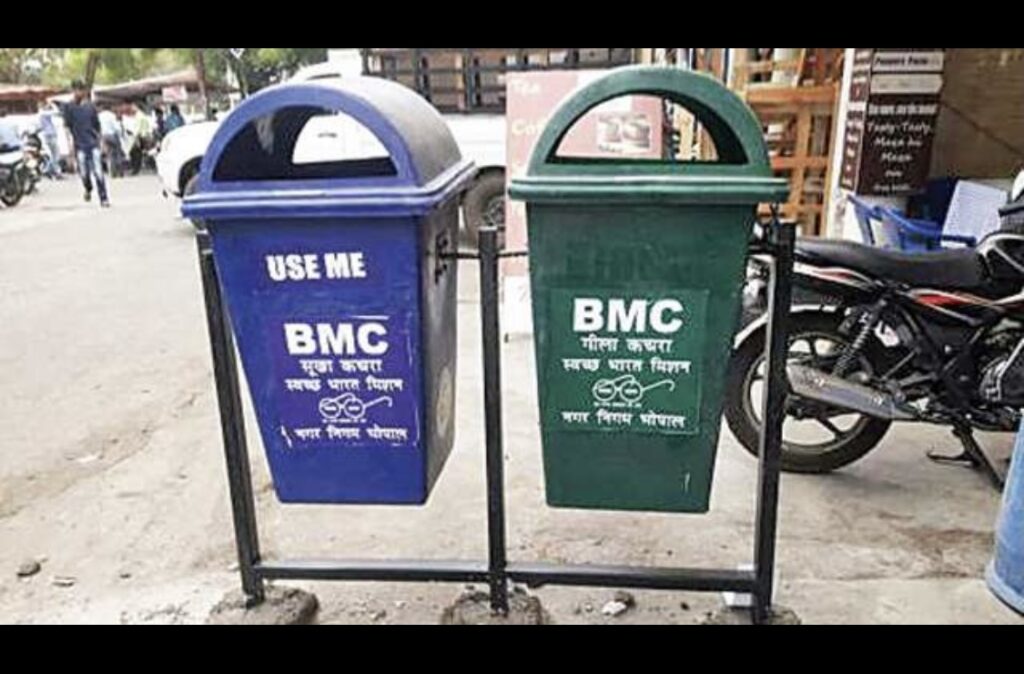
Yes, film history is replete with content on a host of historic and modern stories about this or that in-group persecuting an out-group (or one the former hopes/plots to exterminate—which has been perilously closer to occurring than many choose to admit), so the fact remains that, in a diverse environment there is an ongoing need to be clear about how people with self-identifying beliefs (like religious faith) may respond to not merely plot lines and depictions of movie characters as stereotypes, in the final cut, the directors must also decide what is the movie’s primary language and hence target audience—decisions having ripple effects on other aspects like costuming, hair and makeup, use of vernacular vocabulary and expressions, and how such considerations may “land” upon the various so-called ethnic groups (which in certain circles may more accurately be labeled interest groups, with various added layers like age, gender, and sexual and/or political orientation). All of the foregoing considerations matter to singers, too.
We playbacks singers aren’t immune from these considerations (whether we’re fully inoculated against other threats or not)! So each of us has one or more stakes in the whole economy. A singer’s work is never done!

Whew! That’s a lot to think about when a singer hits a vocal booth to track their next lead part. Should one emphasize the tendency of one’s Marathi leading lady to obsess on beauty and open vowel tones at the expense of perfect diction (which we recently shared as one of the keys noted for Lata ji’s perennial success)? Might this character be especially adept at singing—or a total klutz? So, all’s fair in cinematic realms. Bottom lines: a) money talks, b.s. walks; b) experiences are best teachers.
These matters of cultural specificity and correctness although they do come up from time to time, hardly ever make or break one vocal performance. I’m not minimising by saying that in some cases it’s really not of great concern. If I’d regarded it as insignificant, this post would’ve been about another topic! As usual, I’m also not issuing my own set of rules or even guidelines for you to study. Some skills are best developed by oneself. You can do it!!
I’d also like to say that on the few occasions when we overlook such things, they tend to resurface later, with e.g., less than glowing reviews or an imperfect audition. I encourage you if told to “work on stylistic interpretation” to try to first collect your pertinent thoughts on these issues and then seek sound counsel from an elder in the field. Few pat answers suffice.
I cannot convey how grateful I am for having been gently guided by others with more knowledge and experience. Elders may not know it all, but many do have valid teachings to share! The best part is none of them have (yet) returned with hands outstretched for financial compensation. That’s good; I’m still saving for a more family-suited dwelling (for which I plan to design some of the spaces). But I digress…
Are we merely wasting time reflecting on any categorisations or detailed explanations of matters so subtle as to likely be lost upon less discerning listeners (e.g., the non-playback aspirant singers out there)? Do theatre audiences recognise and either appreciate or resent such “minor nuances” of a vocal performance? I think often, we do (we are all rather moviegoing fanatics here, too, including friends and neighbors!). I go to movies myself, and as most who know me point out: I’m known for having an opinion or two on occasion.
Now after my usual disclaimers (like “your mileage may vary”, “some may differ with my conclusions”, and “I am not trying to legislate by edict here; it’s only my opinion”) I think that any fair assessment of a movie genre/title is incomplete without a real-world perspective on how accurately or inaccurately singers help actors to portray characters in all of their cultural glory (or ignominy, as the case may be for a given comedic or dramatic role).
Do we find and/or learn some kinds of hybrid mashups showing our hero or protagonist as partly Hindu, partly Moslem (e.g., given their mixed ancestry as noted in the story)? Must we investigate the lifelong backstory of every character for whom we provide vocal tracks? Or has each song gotten such an isolated worldview unto itself that we’re bound to its notions of cultural correctness in one verse for Group X, and similarly constrained to only sing the praises of Group Y elsewhere in the song in order to be careful enough to please critics who tend to focus on such nuanced matters? Quick update to the last-linked article: Wikipedia now lists four music critics here!
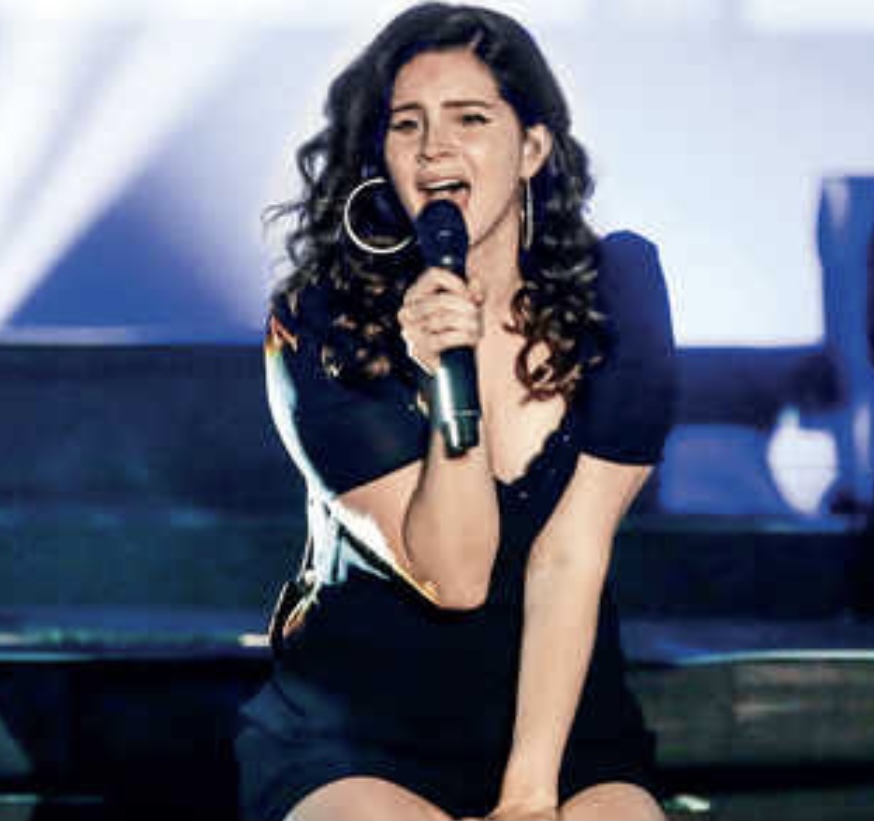
Does much or all of the modern criticism regarding cultural appropriation apply to the current movie project? After answering that, how do we capture the exactly correct interpretation of a lyric, and how do we also do justice to the melodic lines we’re given and/or asked to improvise? I assure you, Dear Music Lover, that such profound concerns are not done away with in a one-minute rehearsal. These types of discussions obviously don’t apply in every script/movie. However, getting them right in the final take: golden!

Nevertheless, I believe that while such details can be daunting for the uninitiated (and some might say uninteresting to non-vocalists), they’re often important and even when capturing a minor aspect or two is not critical to an overall great vocal take, they can add up over the course of a movie—and I for one try to refrain from taking a character too far away from (where I’ve been briefed is) their emotional core.
All the while, also balancing things like remaining observant of passing emotions and developing story arcs in order to get as close to the director’s vision of the character as we know it (or suppose it). If one departs too far from said core, it could ruin a song (with lingering implications for the composer(s) as well as the singer(s), not to mention all others.
Whenever a singer senses a conflict in this regard, the best way to move forward is to ask—while not making it a distraction to the larger context—and the level of confidence that’s often engendered by simply inquiring can be palpable. Properly addressed (the unpretentious ones at least), most directors are approachable for serious questions. Some directors are even amenable to the occasional good joke.
Word to the wise: gifting a white coffee mug to our dear Basu ji [the director] could yield quite surprising results! My sincere admonition is simple: also, please keep this excitable young man away from your own personal coffee mugs (even especially so when they’re empty). He brings a new depth of meaning to the British pop-cultural expression getting smashed.
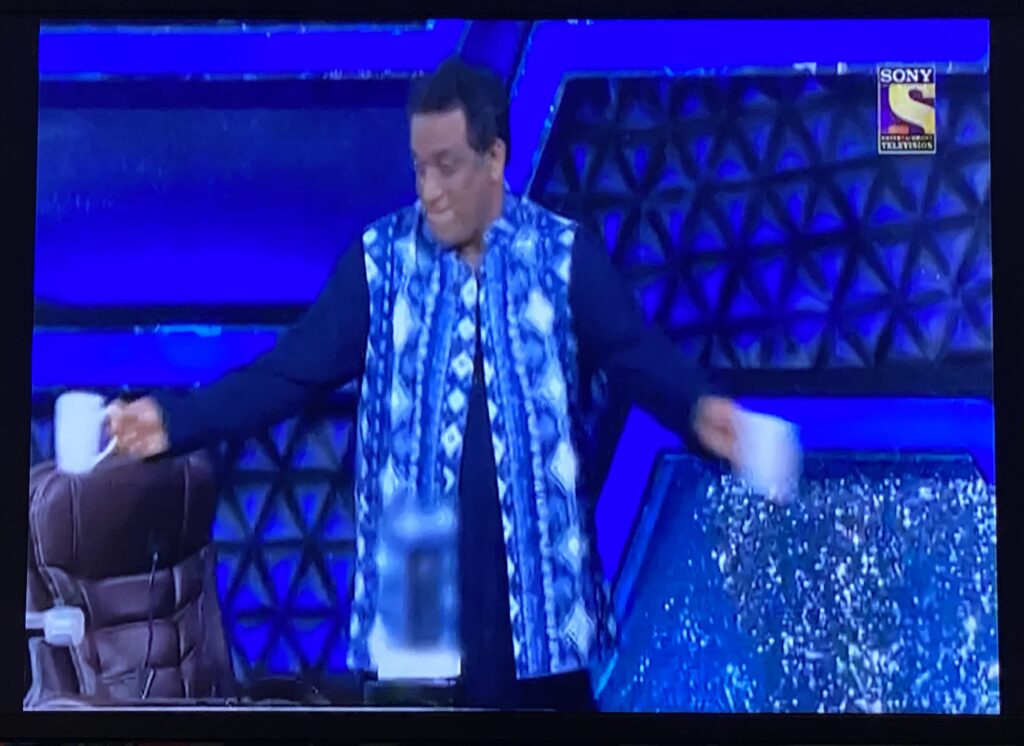
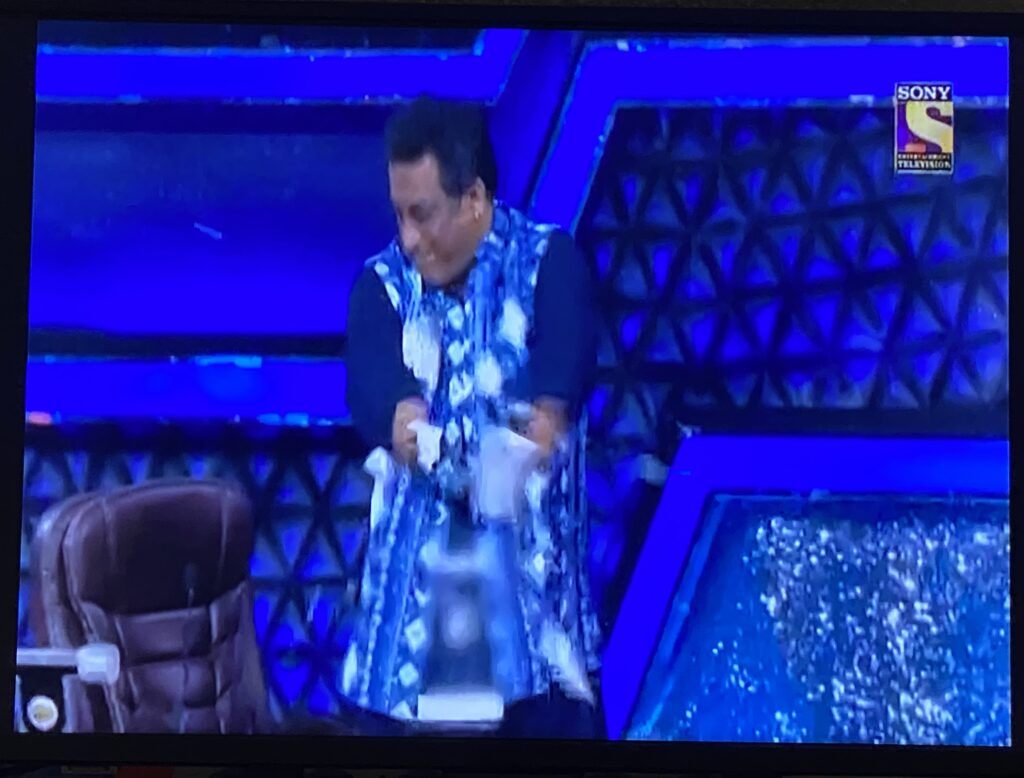
In all things work-wise, being on the same page (e.g., of a film script) can pay big dividends (when one isn’t dodging flying ceramic shards). There are few movies in which characters who ‘sing’ are largely mysterious to the writers; while shooting-script writers may or may not be the same people as the directors, I’ve found that my own questions pertaining to the songs I’m tracking have never really gone unanswered. I’m grateful for their guidance.
That could be related to my innately-substantial confidence and resolve to clarify any fuzzy notions about my work. Perhaps I’ve only worked with such stellar crews that their excellence is my new-normal. Either way, I’m happy to report that popping up with a valid ask or two also seems to garner attention and maybe more respect (so that’s why I’m sharing it with you here, Dear Music Lover). In any case, movie songs tend to have inordinately long lives. They’re often well worth doing one’s best singing, in order to breathe as robust of lives into them as possible for the long haul.
So to drill down to the core issue of this post: how attuned must playback singers be to the implications of singing a given song using stylistic features that could fairly be described as borrowed from some unexpected source or culture (or in the most sensitive cases, cooly appropriated from uncredited others)?
One arguably tangential (but I’d add very-real) practise is that of using traditional/folkloric songs in modern compositions. Melodic appropriation? I can think of one famous composer who has been accused of plagiarism for doing exactly what many famous Europeans have found fame and accolades for doing well. Must we apply double standards to our own creatives? I say, “No way!” Because any semblance of copyright expired long ago (for virtually all folk tunes), so legal claims touching upon it are moot at best.
While some other pundits assert that every melody’s already been written and every movie plot’s been told, there is certainly plenty of room for this type of newly-realized derivative composition, especially as we humans fight for our survival alongside the automatons gradually consuming our roles not only in the workplace, but within all areas of our artistic endeavors (commercial or not). In music, the pressure to compete with machines is far older than the introduction of MIDI.
Before or essentially concurrent with the proliferation of player pianos (that faithfully duplicated a rousing rendition of whatever composition was loaded into its pneumatic piano-roll reader) there were also devices called orchestrions simulating entire western style bands or orchestras! Although analog audio recording came a bit later than those early brilliant examples of engineering (in the also-western tradition of grand church pipe organs), by any measure, mechanised music is not a new thing!
Is one goal of most movie studios to stay as close to “cultural correctness” and to avoid miscasting a song in a “wrong style for the role” or to pass some other purity test? Has Indian cinema instead more recently abandoned all notions of cultural correctness? If the “right way” is a sort of compromise path between two or more influences, how might a singer find the best interpretation? I know. I’ve already said it: ask the director (for one can at least be assured of pleasing them if a song seems to straddle more than one language or culture).
As usual, we’re asking more questions than we choose to answer. One goal is to also raise this as one of our many forum threads in the future. Please, if you have strong feelings about this, let others know your thoughts here, and we can interact in the online forum in order to resolve at least some of our differences. Even if little/nothing else, we can certainly air them.
Conversations, discussions, even heated debates may at times inspire competitiveness, even rivalries (and/or form alliances), and pit singers against each other for the audience’s favor. In the imitable words of M.C. Hammer (1994), “It’s All Good”! (Or in the quotable words of Pritam da, “It’s all for the best!”)
I’ll try to close with a thought on the general state of inquiry regarding researching movie characters—especially the fictional ones populating modern scripts—and by this I mean regarding how to decide between possibly conflicted aspects of potentially colliding cultural phenomena as delineated in the dialogues/songs… no one character need embody ALL of any nor merely traits of ONE religion, language or musical tradition. Everyone has layers of experience that inform their character and habits. Navigation of these done well can make a song; done less so, the results can be very disappointing, and which of the sensitivities are in effect can be hard to know.
So, rather than beat up upon ourselves trying to decipher the most-perfect mix or clarified portrayal of a stereotype, one can always throw Ēka cimaṭi maśalā (a touch of spice; not a lot) into the recipe. (We’ll call it your secret ingredient—even though the key is mainly the restraint.)
To summarize: learn your songs, know the characters singing (what you know of their essences), and try your best to let that inform your performances. It’s never been a cold, calculated science! If that had been the case, most artists would likely have opted out before subjecting ourselves to public scrutiny! (I for one put my all into every recording or concert.)
It never hurts to rely on some adept coaching by an elder (or junior!) whose life experience may be helpful to find the center of one or more characters; in the end, we each must own up to our utterances, good, bad or meaningless as the cases may be!
I know that you’re hoping for more tips and techniques from me and from the gurus I’ve had along my pathway. Or at least I’d presume such pointers would be welcome, and we plan to share and facilitate more of the same in the months and years ahead. We very much hope you’ll join us on our excursions into the fine art of moviemaking (and more specifically singing for movie soundtracks). AND in theatres! When the pandemic is more under control here, obviously.
Please stay safe, and remember that we love ❤️ love 💕love 💗 you too!
Here’s an old joke told about a venerated concert hall in Manhattan (New York) many years ago. When a man was approached by an eager young person asking for directions, “Excuse me, please sir—can you tell me how to get to Carnegie Hall?” the answer was, “Yes, I can: PRACTISE, PRACTISE, PRACTISE!”
Namaste,
♫ AM ♫
PS: As the greats I’ve been blessed to meet have shared with me, it is life’s experiences that inform our best song vocal takes. There is no better teacher than life itself.
